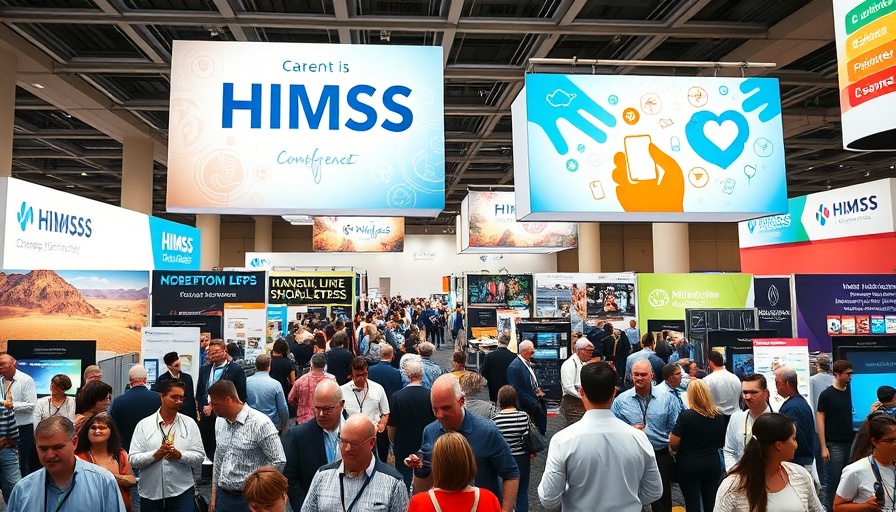
Government Presence Fizzles at HIMSS Conference
Faced with escalating concerns over compliance and security, a significant number of federal health officials have officially backed out of the highly anticipated Healthcare Information and Management Systems Society (HIMSS) conference set for early March in Las Vegas. Notably, representatives from key organizations such as the Department of Health and Human Services (HHS) and the Food and Drug Administration (FDA) were expected to engage with industry leaders and discuss advancements in health technology.
The Impact of Canceled Sessions
Among the canceled sessions is a crucial panel featuring officials from the Office of the Inspector General, which aimed to address fraud prevention in Medicare telehealth and remote patient monitoring programs. The absence of government voices raises questions about transparency and the public's access to information regarding ongoing initiatives, a concern that many stakeholders in the healthcare sector take seriously.
Broader Implications for Health Tech
This development highlights deeper issues regarding the intersection of technology, public health, and government accountability. With a backdrop of scrutiny over existing healthcare programs, particularly in telehealth, the canceled panels demonstrate a noticeable gap in governmental dialogue and participation at major events. Such absences not only affect discussions and knowledge sharing but also hinder the collaborative growth necessary for the health tech industry.
Connecting Health Tech and the Public
For industry professionals and health tech enthusiasts, understanding the dynamics of government involvement in health technology initiatives is essential. While HIMSS represents an opportunity for cross-sector collaboration, what does the reduction in federal engagement signal for future partnerships and policy directions? Could this trend foreshadow a shift towards more privatized healthcare solutions, and how can the industry adapt to maintain public trust?
Engage with Emerging Solutions
As the HIMSS conference unfolds, it represents not only a gathering of innovators but also an essential setting for navigating the challenges of tomorrow's healthcare landscape. It is crucial for healthcare professionals and policymakers alike to keep the channels of communication open, reinforcing the message that transparency and accountability are pillars of a thriving health tech ecosystem.
 Add Row
Add Row  Add
Add 


Write A Comment